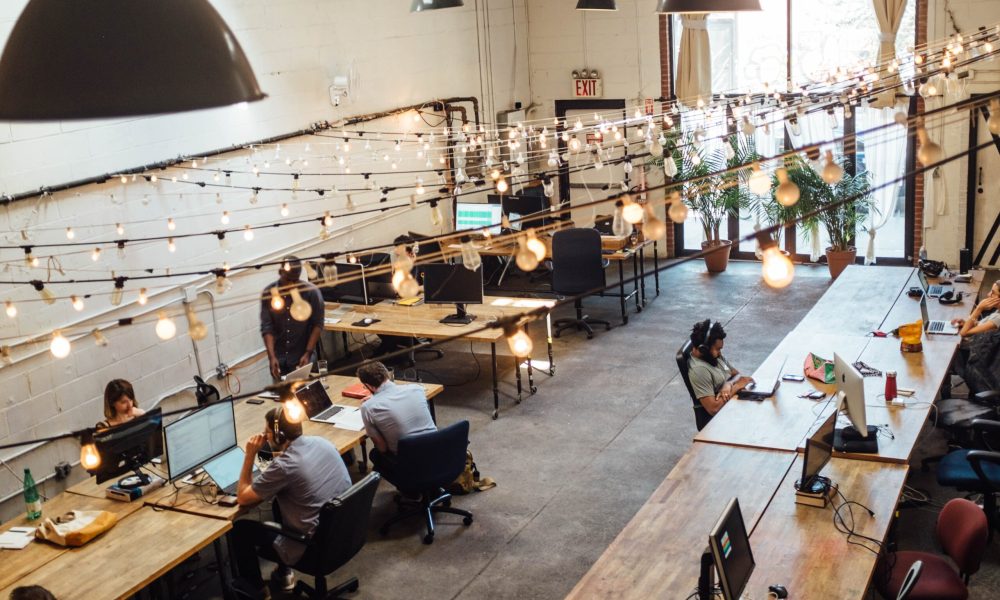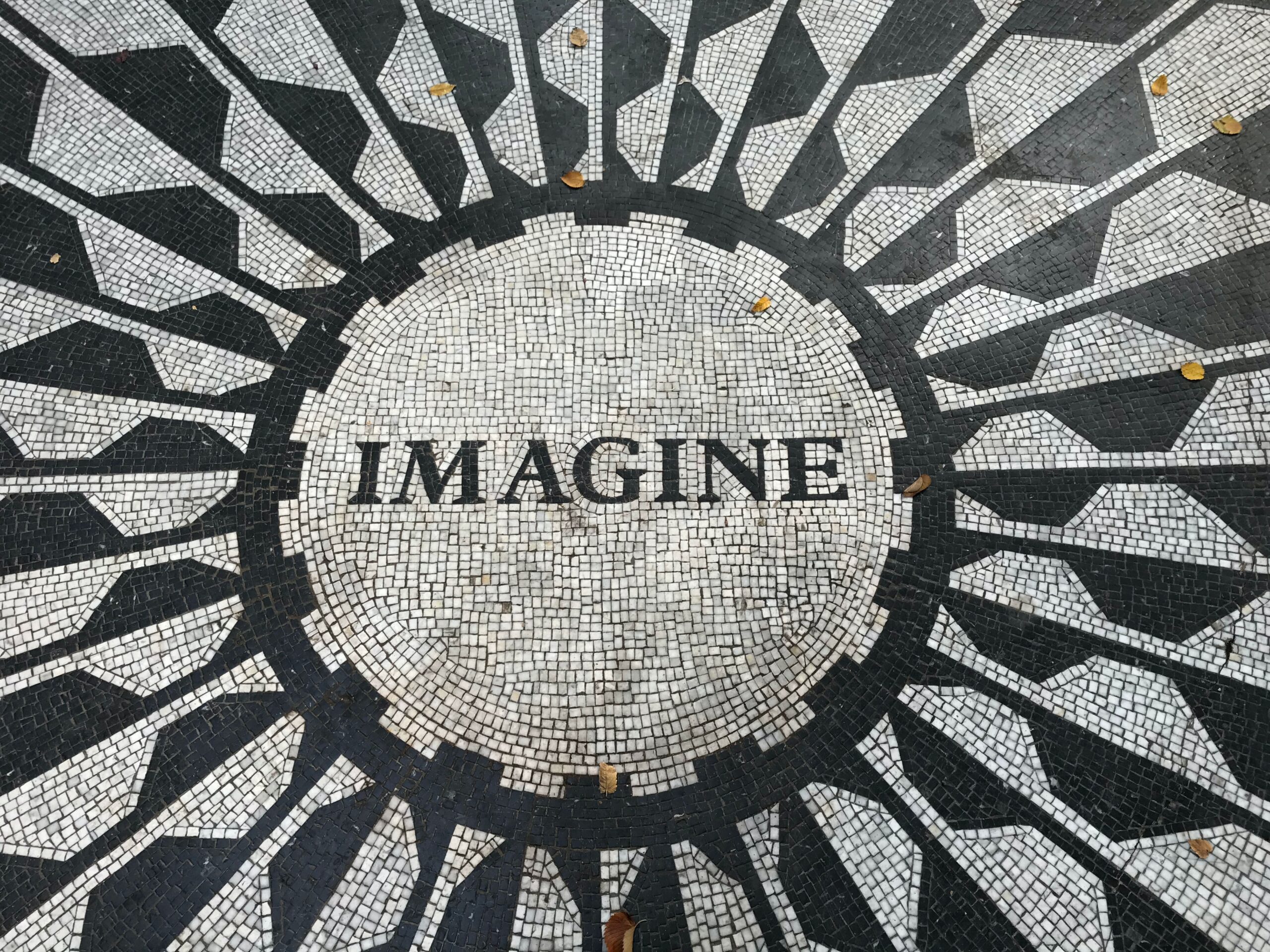This interview format aims to collect the point of view of international professionals to understand the value, the perspective and impact of Culture on the society.
This interview is with Denise Stanley Chard, Founder/Director of the CLOCK Learning and Recognition Programme. As she states: “my mission is to share frameworks and toolkits that enable to create inclusion in the creative and cultural industries.”
Denise is involved in formal education, curriculum design and innovation building, a close connection between industry, education and society.
- Which is the impact of culture and art on young people? Can creativity and artistic practice become a new engine for the education of the next social and business classes?
The impact of culture and art on young people cannot be underestimated. If you take into consideration ‘The world economic forum report on the future jobs and the skills for future jobs’ you will find all listed 15 jobs of those future skills are delivered through creative and cultural education. The creative process is based on problem solving, connecting with others, thinking deeply about things, reflecting as well as working with your peers groups and with your values, if we cut off the culture and arts from the education of young people, we are cutting off the side of human expression and human creativity which are going to fill the future. At the heart of entrepreneurship there is an authentic idea that comes from the values, the imagination, the vision, the problems, so innovation comes through the creative imagination.
Whether you are looking for social classes and cohesion, or new business ideas, the new ways of experiencing business and culture are coming through this process of artistic practice, creativity and ideation turns an idea into reality such as a social or commercial enterprise. Also the practices of art over the generations demonstrate what human creativity has done building the foundation of lots of artists and creatives and has a huge value of what is important to the artist’s imagination and the value of the society at the time.
- Soft skills, creative and artistic competences, how can these improve and enhance the world of institutions and business?
Artistic competences humanise the business. I remember an example where a group of international artists without a common language finished their tasks in 15 minutes, they challenged each other. We noticed how artists and creatives can solve problems and this is extremely important for changing the business mindset.
- Do you know examples of artistic interventions that have generated a sustainable social and cultural impact? And names of innovative realities that support companies to collaborate with artists?
The most powerful art intervention is where people are diverse. One example is The clock program where a craft person or artist has a role in educating the next generation, the peers.
- How do you interpret the UNESCO statement published in the dossier “Culture|2030 Indicators” THE ONLY POSSIBLE DEVELOPMENT IS CULTURAL?
I totally agree with Unesco’s statement, I think culture is not individual. I read a brilliant book called “The Social Conquest of Earth” by biologist Edward O. Wilson, the story of Human evolution and culture. The author spent lots of his time studying insects, animals and human beings discovering that the minimum individual human being is a community, all individuals are based on a community of interests, the origin of human culture.
We really thank Denise for the time dedicated and her inspired contribution.




